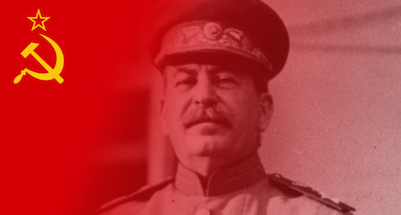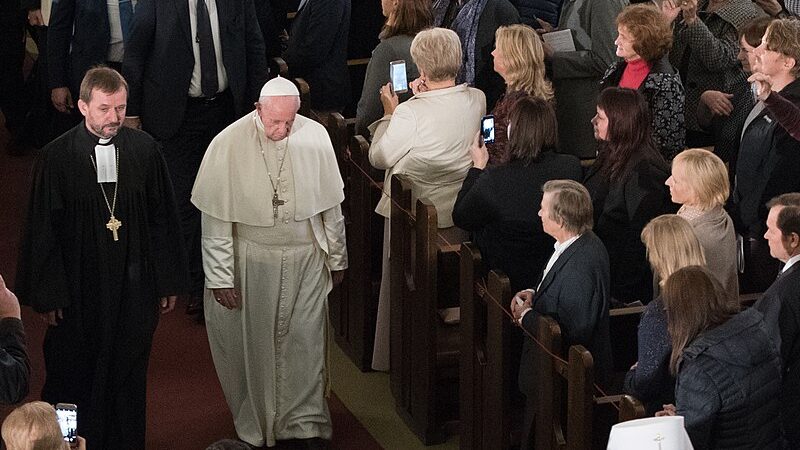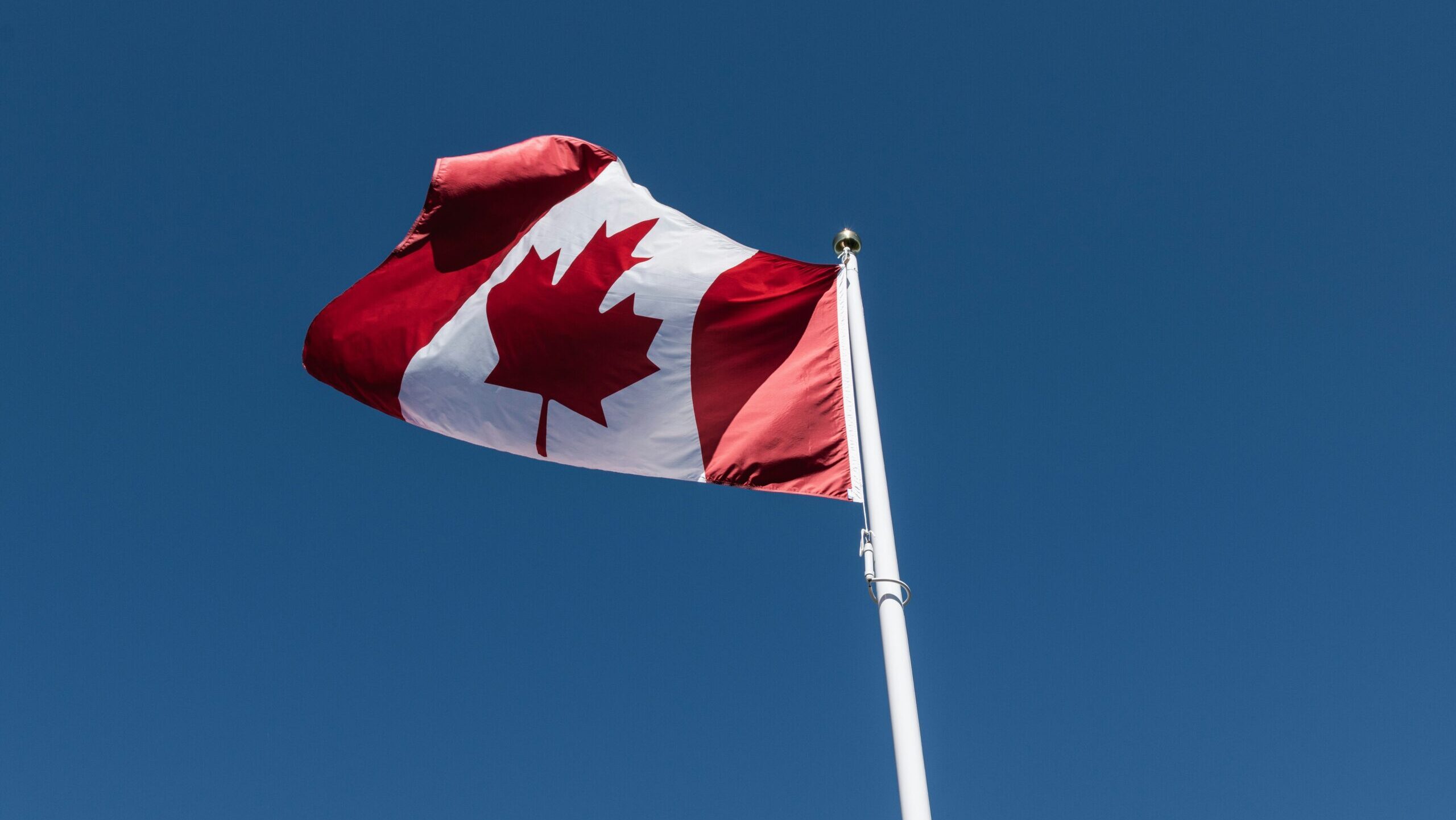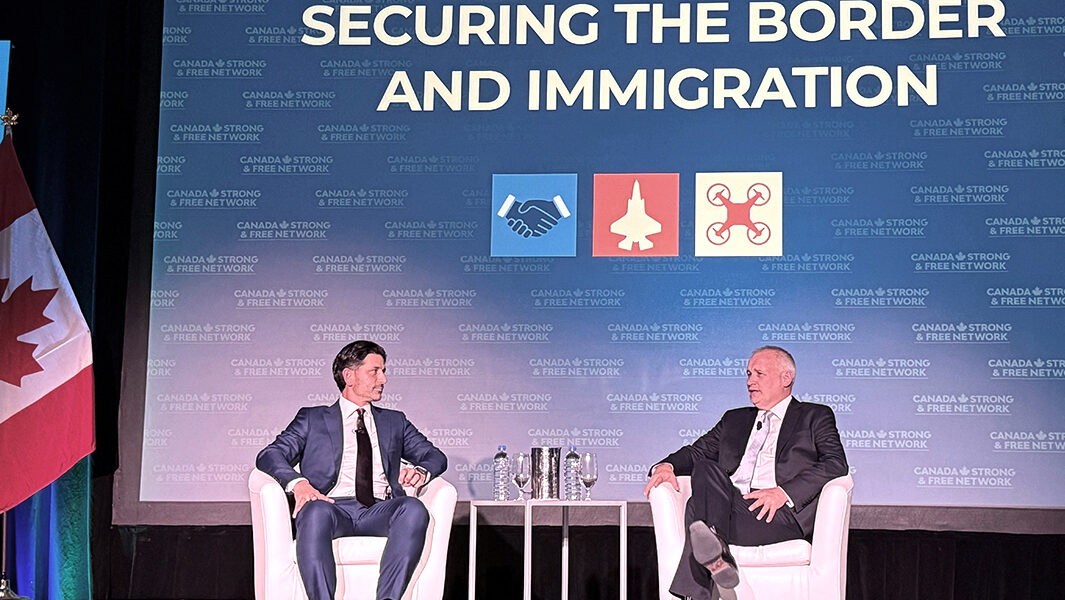That heavy-handed approach elicited the opposite. It aroused the dissident movement by invoking the possibility of a return to Stalinism and by convincing many intellectuals that it was pointless to work within the party-controlled system.
Targeted by the intellectuals – writers, scientists, artists and others, were specific aspects of Soviet life. The restrictions on the free flow of ideas, inefficiency, government corruption were placed under special scrutiny by dissidents. Because the dissident movement was tiny and lacked any wide-spread support, the protesters' treatment by officialdom was harsh. Both foreign and domestic (imprisonment) exile were applied to stifle dissent and the Kremlin has no qualms in sentencing internationally recognized individuals to the same severe punishment as unknown individuals. International admonishment didn't soften the neo-Stalinist style of Brezhnev's regime.
The most prominent of those disaffected with the system was Aleksandr Solzenitsyn who was forced into external exile in early 1974. Award-winning nuclear physicist Andrei Sakharov, geneticist Zhores A. Medvedev, economist Victor Krasin, writers Anatoly Kuznetsov, Aleksandr Ginsburg, Yuri Galanskov, Andrei Amalrik, Yuri Galanskov, the editor Aleksandr Tvardovski, retired general Petro Grigorenko, historian Pyotr Yakir – all were either forced abroad, defected or spent time in the Gulag. Even Stalin's daughter Svetlana defected to the West and eventually resided in the U.S.
Amidst a broad crackdown against ‘dangerous' and determined non-conformists, the Soviet Union signed the Helsinki Accords, which contained very basic provisions on the adherence to human rights. In spite of international condemnation for its record on human rights violations, the Kremlin, with impunity, continued to intimidate and prosecute any citizen who attempted to monitor the Kremlin's compliance with the Accords.
Most historians have viewed the Brezhnev era as a reactionary period in Soviet history. To some it was distinguished by a partial restoration of Stalinist policies, a return to the administrative terror of repression and intimidation of the Stalinist period but avoiding the worst excesses and nostalgia for the Stalinist period. Mikhail Gorbachev saw the neo-Stalinist period as a ‘moderated Stalinist state', without massive repression, but with the systematic persecution of political opponents and total control of all political activities. According to some observers, that describes the current political environment in Russia.
Anfres Laiapea connects the Brezhnev period with the “exile of many dissidents, most Notable Aleksandr Solzhenitsyn and the Stalin's rehabilitation “went hand in hand with the establishment of a personality cult around Brezhnev”. In contrast political sociologist Victor Zaslavsky describes Brezhnev's period as one of “neo-Stalinist compromise”, with the basics of the political milieu associated with Stalin were retained without a personality cult.
From an international perspective Alexander Dubcek commented, “The advent of Brezhnev's regime heralded the advent of neo-Stalinism, and the measures taken against Czechoslovakia, in 1968 were the final consolidation of the neo-Stalinist forces in the Soviet Union, Poland, Hungary and other countries.” This was Stalinist repression applied internationally.
It's interesting to note that Brezhnev himself actually saw the Chinese political modus operandi, not his Soviet model as neo-Stalinist. (To be continued.)
Laas Leivat
- Opinion – Stalinization, de-Stalinization, what's it to be? – V
- Opinion – Stalinization, de-Stalinization, what's it to be? – IV
- Opinion – Stalinization, de-Stalinization, what's it to be? – III
- Stalinization, de-Stalinization, what's it to be? – II
- Stalinization, de-Stalinization, what's it to be? – I




